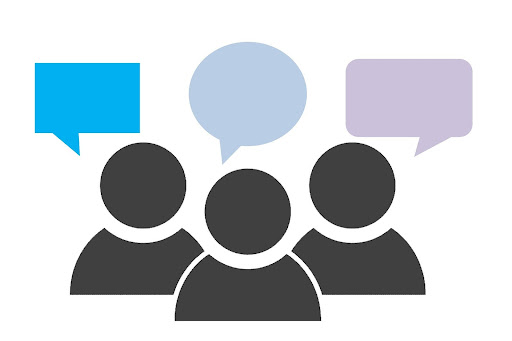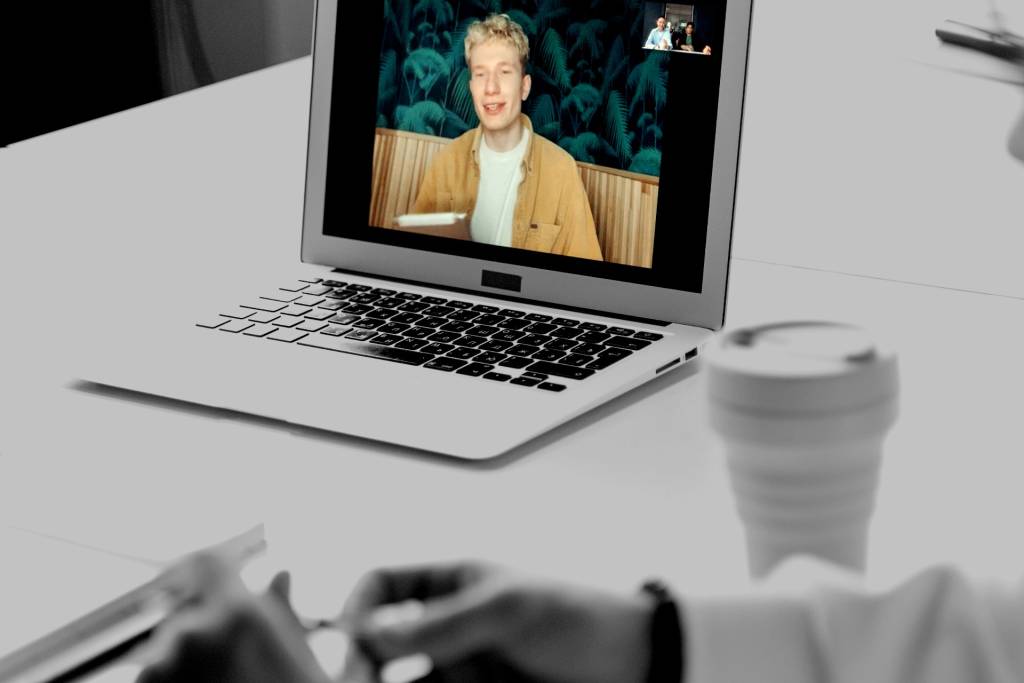Wouldn’t it be great if you could predict your future and make all the right choices? Better decisions would ultimately make you happy later and make your life much more trouble-free. Research in behavioral economics shows that most people make choices about how they imagine events will be. These decisions are based on our perspective of how we feel today and studies show that this is ultimately a grave error. One cannot know how he will feel in the future. We are left superimposing current emotions on our perception of future events. These dynamics have profound implications for employers as well as for employees and the happiness and satisfaction one derives from work.
In Daniel Gilbert’s best-seller, ‘Stumbling on Happiness’, Gilbert explores the nature of happiness and he explains psychological illusions that tend to distort our perception of the future. He states,“that humans are the only creatures capable of imagination”. Although daydreaming about the future is enjoyable, Gilbert provides research that people daydream on a regular basis with a tendency to focus about good things which will happen. People tend to overestimate the likelihood of positive outcomes and have an overly optimistic view about the future. In the workplace, this plays out when a relative or a friend of an influential co-worker interviews and skews judgement more favorably than the candidate deserves. Conversely, it also results in an employee choosing a company based media hype rather than factual information about that firm and its management’s success.
Gilbert explains that our brains hope to gain some control over outcomes with this prediction bias. This desire to exert control over the future is a fundamental need as people search both consciously and unconsciously for well-being.
Gilbert offers a thorough and at times humorous explanation of the limits of the human imagination in predicting future happiness. These limits are characterized as realism, presentism, and rationalization. In describing realism, Gilbert summarizes his recent research on memory and perception. The brain constructs memories which tend to fill in details that may or may not have actually occurred. Gilbert simplifies the brain’s operating system into the following groups:
Realism
The subjective process in that what is perceived and remembered is what the mind wants to see and remember. The end result is a false recollection or skewed picture, lacking in details. We fill in what we can’t see in our blind spot of visual perception with what we think should be there. We’re not even aware of the process as the brain quickly fills in the details from our memory of what we’ve seen that’s similar in our past.
Presentism
Describes the overriding mental tendency to remember the past or predict the future based on present events, circumstances, and feelings. Gilbert shows that we imagine events that are nearer in time because we value time that is closest to our present greater that we value the far future.
Rationalization
The tendency to view events differently after they have occurred, with a positive spin. Gilbert points out that inescapable, inevitable and irrevocable circumstances trigger the psychological immune system. Explanations lessen the impact of unpleasant events. This might explain why it’s often hard for people to be accountable for their flaws and learn from their mistakes. The natural tendency is to create a story that explains why we did what we did versus introspecting about what went wrong and how to fix the problem and prevent it from reoccurring.
Take Away Points From ‘Stumbling on Happiness’
Gilbert’s research poses some interesting points to consider for both management and for employees. The imagination has three major shortcomings that lead us to making poor predictions and choices for our future:
- We use it to fill in the blanks and leave out data
- It projects the present onto the future
- It fails to recognize that things look different once they happen than how we think they’ll look.
Gilbert’s Stumbling on Happiness helps us to understand how to avoid guessing and imagining the future. He suggests that we base our assessment of what the best avenue will be based on other people’s actual experience. Don’t just pick any mentor or role model. Carefully seek out and request mentorship from someone who has a similar personality, skills, background and goals to yours and ask them how they feel about their current role.
It’s worth making the extra effort to find a mentor/role model within the industry and in a firm that interests you and request an informational interview to learn more about the ups and downs, the perks and the tradeoffs there so you can make a realistic choice about whether or not that job and that lifestyle would be a good fit. Either way, don’t stumble on your happiness. Take charge by finding someone who’s actually been there before you to offer you guidance.











